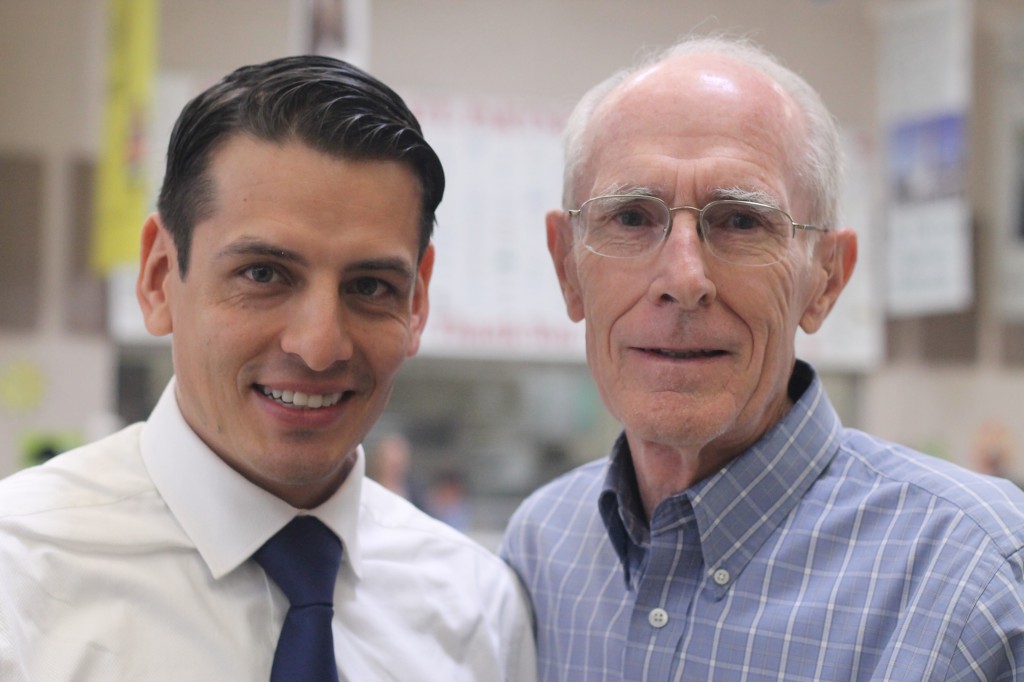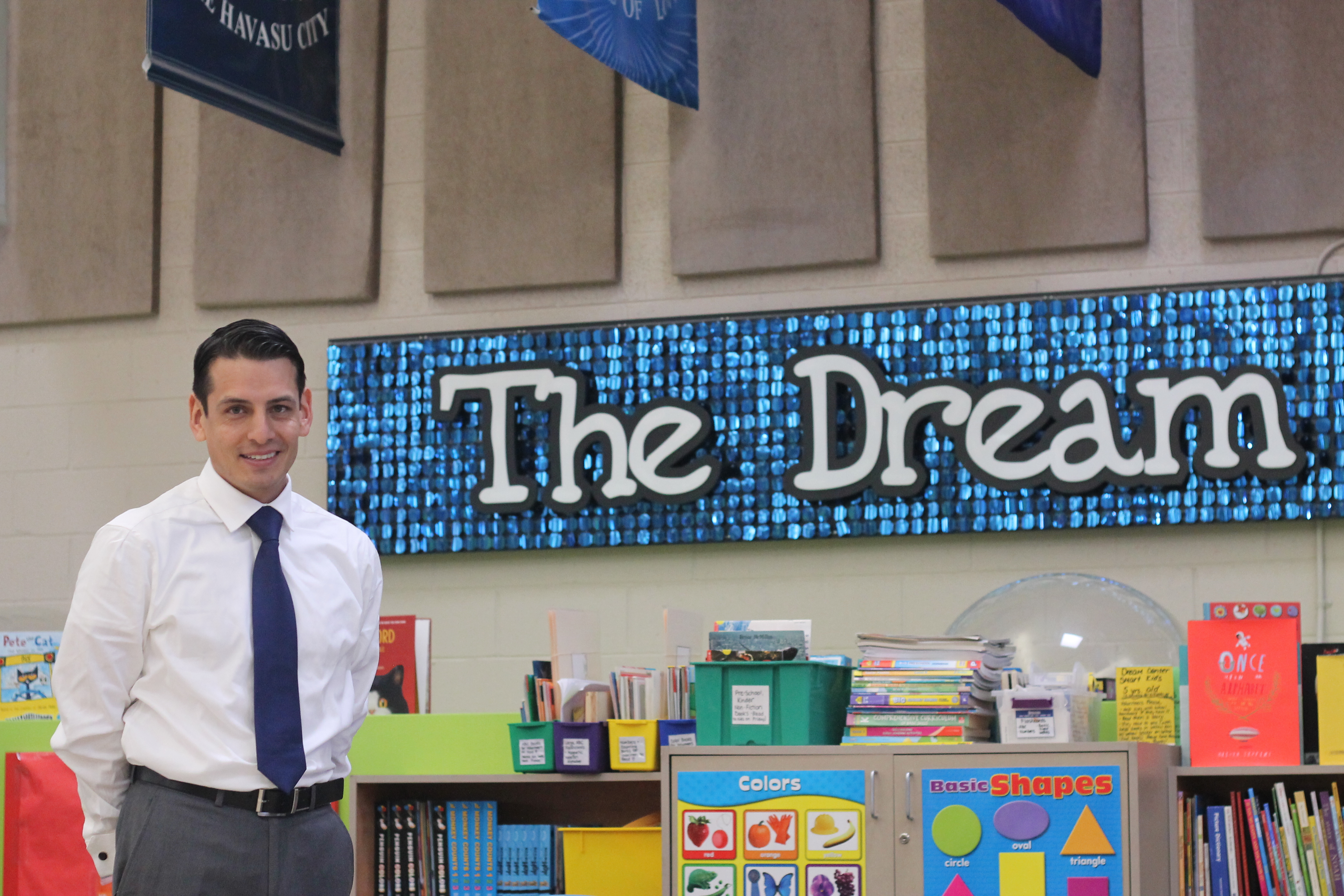
Sometimes it only takes a little help to make a big difference in someone’s life. Like when one person is willing to journey with you.
The St. Vincent de Paul Society, known for its efforts to feed, clothe, house and heal, has set out to journey with guests on the road to fundamental changes that lead them out of poverty.
It’s a nationwide initiative, said Renee Gero, advisor of Vincentian Support Services for St. Vincent de Paul in Phoenix. Better yet, it doesn’t always cost money.
In some cases, it’s simply a matter of helping guests overcome a simple obstacle and then empowering them to take the next step.
One elderly woman often received monthly food boxes from a local St. Vincent de Paul conference until a regular home visit revealed that paying rent made groceries too expensive. The Vincentian asked if she had ever looked into senior housing. She hadn’t.
Turns out she qualified and received a subsidy. That little bit of help eliminated her dependence on St. Vincent de Paul.
“She was so happy. Just by being asked a few extra questions, she was able to change her life,” Gero said.
Society of St. Vincent de Paul
- Volunteer or call (602) 261-6886
- Donate
- Systemic Change info
[/quote_box_right]
Systemic change is a simple concept that needs people power. It could mean serving as a community navigator to direct people to the best resource. It might mean approaching the legislature to enact change there. Vincentians are being trained as mentors and will be available to discuss possible next steps.
“You’re there to give resources and info and answers, but they’re doing the work,” said Gero, a one-time district president of St. Vincent de Paul.
She said empowering the family or individual is key because people know what’s best for themselves.
Mentors make a difference
Marcelino Quiñonez is among 94 young adults who know that all too well. They are all recipients of St. Vincent de Paul’s “One at a Time” educational financial aid program. The effort supports motivated students who, despite help from loans and scholarships, struggle to afford an education beyond high school.
Quiñonez earned a “One at a Time” scholarship. With the money comes a one-on-one mentorship, a contract of expectations, required “acts of kindness” by each recipient and regular update meetings.
“He made me feel supported, loved, encouraged and showed me that there are people who believe in complete strangers,” Quiñonez said of his mentor, Walt Gallegos.
Mentors helped the students see something better in themselves. Together, they tackled issues like time and money management, stress and other topics that many college students need a hand with.
Quiñonez went on to earn a bachelor of arts degree in theater in 2007 and a master’s degree this year. His résumé now lists high school English teacher — beefing up standardized test scores in reading and writing — college instructor and governing board member for the Roosevelt School District.
The latter role netted smaller class sizes and implementation of arts, music and physical education district wide. Quiñonez charged himself with personally visiting every school to encourage reading and goal setting because St. Vincent de Paul inspired him to set and achieve his goals.
“I was blessed, but those blessings can happen to others,” Quiñonez said, just shy of his 31st birthday. “They believed in me and because of that, I was able to do the kind of things in the community I’ve been able to do.”
Quiñonez plans to employ research interns when his “culture lab,” committed to investigating culture through art, opens next month.
“That’s the way the world works. When people care about people, they’re successful,” said Terry Wilson, who set up the “One at a Time” program in 2001.
He said mentorship is the key difference. Some 52 students have earned college degrees since.
The impact of mentorship is also seen weekdays in the Dream Center, which is part of St. Vincent de Paul’s family dining room. Students visit there for homework help and hands-on projects with some going from failing grades to doing well in school.
They also learn how to give back. The children run a thrift store within the Dream Center and can only buy items if they’re intended for someone else.






